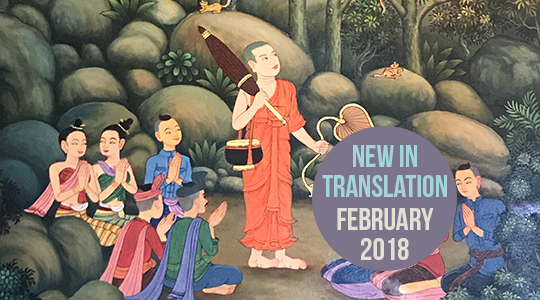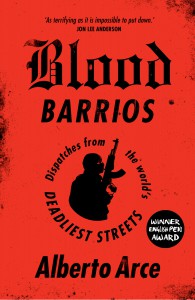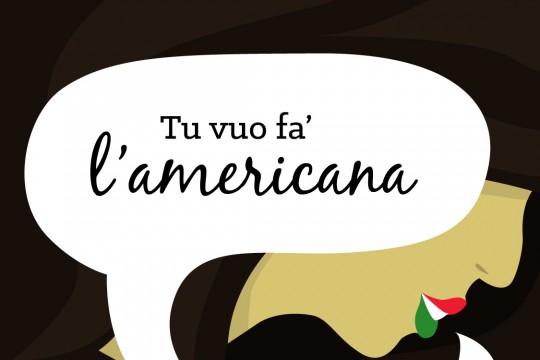This week, our writers bring you the latest news from Hong Kong, Sweden, and Malaysia. In Hong Kong, a commemoration of the 700th anniversary of Dante’s death and Voice & Verse Poetry Magazine talks are some of the live events that have started taking place again; in Sweden, Axel Lindén was awarded the Aftonbladet annual literary award; and in Malaysia, Catherine Menon’s debut novel, Fragile Monsters, has been released in English translation, while the Malaysian Poetry Writing Fortnight (MPWF) has been launched. Read on to find out more!
Charlie Ng, Editor-at-Large, reporting from Hong Kong
As the fourth wave of the COVID-19 outbreak slows in Hong Kong, cultural and literary activities have begun to return to live venues. Local bilingual poetry magazine Voice & Verse Poetry Magazine organised a poetry talk on the theme of wine, titled “If Our Poetry is Wine” on April 10 in Lai Chi Kok. Poet Chan Li-choi and translator Ko Chung-man were invited to share their views on poetry and wine. Participants could enjoy wine together with the guests to celebrate the inspirations endowed by Dionysus.
Hong Kong’s Dante Alighieri Society hosted three sessions of “Dante Alighieri Flash Readings” to commemorate the 700th anniversary of the death of the great Italian poet. Italian actress Nicole Garbellini and local actor Marc Ngan were invited to give lectures on Dante’s The Divine Comedy, covering the three cantiche: Paradiso, Purgatorio, and Inferno. The events took place at landmarks of the Central and Western District, and Causeway Bay to engage the public in the appreciation of the famous medieval poet.
From March 2 to April 14 artist Michael Leung’s exhibition “Publishing (To Find Each Other)” was open to the public at the Floating Projects in Wong Chuk Hang. The interdisciplinary exhibition explores the themes of publication and storytelling. Throughout March, Michael Leung also hosted sessions to discuss his experience of hybrid publishing with the audience. Workshops were held by the artist to produce zines with participants.
As well as face-to-face events, going online is still a popular way to stay connected with the public however. Local arts centre MILL6 Foundation is organising an online discussion forum, “Poetic Emergences: Organisation through Textile and Code,” to explore cross-boundary aspects of textile and weaving, including technology, art-making, and social mediation.
Eva Wissting, Editor-at-Large, reporting from Sweden
Swedish newspaper Aftonbladet has announced that its annual literary award will go to Axel Lindén this year. Lindén’s first book, Fårdagboken, was published in 2017 and translated into English by Frank Perry as Counting Sheep: Reflections and Observations of a Swedish Shepherd in 2018 (Atria Books). It was followed up in 2020 by Tillstånd, with the English title Every Other Pine, Every Other Fir. The jury’s motivation is that Lindén’s authorship “takes on the largest questions of our time by turning away from the center and all literary salons, towards the rural areas, the animals, the forest, and the self-doubt.” READ MORE…




